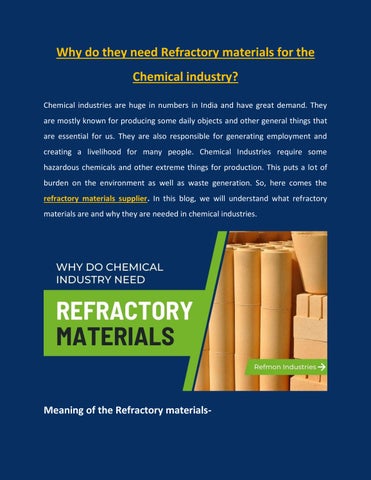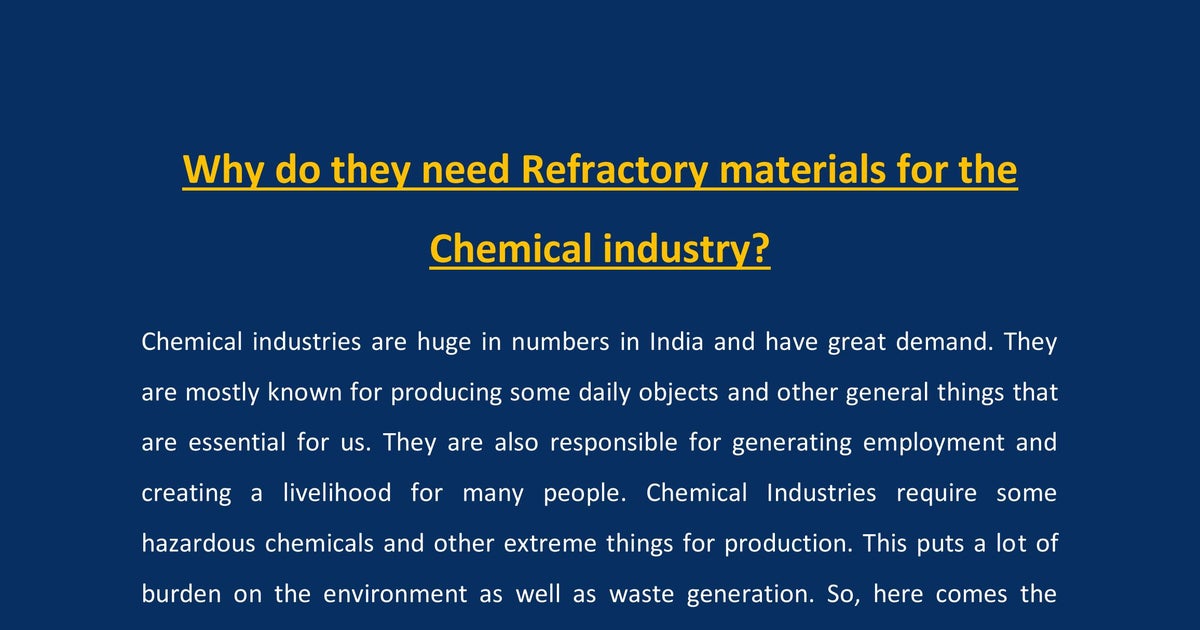Alright, let’s talk about this “refractory” thing. I ain’t no fancy professor, but I can tell ya what it means in plain English, the way I understand it.
What’s this “refractory” stuff anyway?


Well, from what I gather, “refractory” just means somethin’ that can take the heat, literally. Like, real, real hot. We’re talkin’ hotter than your oven gets when you’re bakin’ a pie, hotter than a summer day in the fields, way hotter. It’s the kinda stuff that don’t melt or fall apart when things get scorchin’.
Think of it like this: you got your regular pots and pans, right? They’re good for cookin’ most things, but you can’t just throw ’em in a furnace and expect ’em to survive. Nah, you need somethin’ tougher, somethin’ refractory. It’s like the tough old boots you wear in the fields – they can take a beatin’, unlike them fancy shoes city folks wear.
Where do you find this “refractory” thing?
Now, you ain’t gonna find this refractory stuff just layin’ around. It’s special. They use it in places where things get super-duper hot. Like in those big factories where they make steel. I seen pictures, them furnaces are blazin’ hot, hotter than anything you ever seen. They need bricks and stuff in there that won’t melt, that’s where the refractory materials come in.
- Factories makin’ steel and other metals, that’s a big one.
- Glass factories too, they gotta melt sand at crazy high heat.
- Even those fancy airplanes, they got parts made of refractory stuff ’cause flyin’ fast makes things hot.
What makes somethin’ “refractory”?
It ain’t just any ol’ material can be refractory. It’s gotta have special stuff in it, gotta be made a certain way. It’s gotta be strong, gotta be able to handle the heat without crackin’ or meltin’ or turnin’ into goo. Think of it like a good, strong fence post – it can stand up to the weather, the wind, and the cows rubbin’ up against it.


From what I hear, there’s different kinds of refractory materials too, just like there’s different kinds of wood for buildin’ a barn. Some are better at handlin’ certain kinds of heat, some are stronger, some are better at resistin’ chemicals and such. It all depends on what they need it for.
Why should I care about “refractory”?
Well, most folks probably don’t need to know about it. It ain’t somethin’ you use every day, not unless you work in one of them fancy factories or somethin’. But it’s important stuff. Without it, we wouldn’t have all the things we use every day – the cars, the planes, the buildin’s, even the pots and pans, ‘cause somebody had to use somethin’ tough to melt the metal for ‘em. It’s one of them things that works behind the scenes, you know? Like the folks who grow the food you eat – you don’t always see ‘em, but they’re important.
So, to sum it up…
Refractory just means somethin’ that can take the heat, real high heat. It’s tough stuff, used in furnaces and other hot places to keep things from meltin’ or fallin’ apart. It’s important for makin’ all sorts of things, even though most folks don’t even know it exists. It’s like the foundation of a house – you don’t see it, but it holds the whole thing up.
And that’s about all I know about “refractory.” It ain’t rocket science, just common sense, really. If you need somethin’ to stand up to the heat, you need somethin’ refractory. Plain and simple.


Tags: [Refractory Materials, High Temperature Materials, Industrial Materials, Heat Resistant, Material Properties, Metallurgy, Manufacturing]


